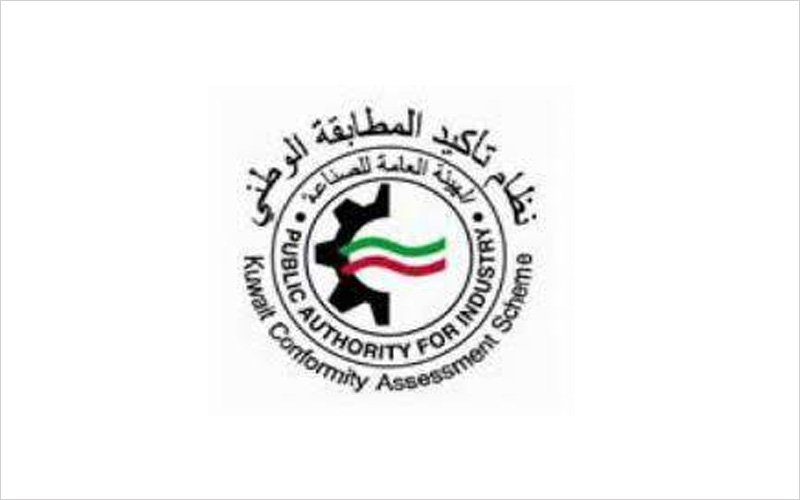Introduction to Certification
Since March 17, 2003, the Kuwaiti Industrial Administration (PAI: ThePublicAuthorityforIndustry) has implemented the International Conity Certification Program (ICCP: International Conity Certification Program) to conduct conity assessment confirmation of imported products from Kuwait, all regulated products Before entering Kuwait, you must obtain a certificate of conity (CoC, Certificate of Conity) issued by an authorized agency of PAI in order to pass the customs smoothly.
From June 17, 2006, PAI revised the original ICCP plan into the KUCAS plan (KuwaitConityAssurance Scheme) for conity system assessment, cancelled the original pre-ship test method on September 1, 2006.
Control products
Mainly includes five categories: electronic appliances, automobiles, chemicals, building materials others.
Application process
According to their own situation, customers can obtain the CoC certificate of customs clearance file in two ways. However, in order to reduce the export risk, general customers choose the way of applying for the exporting country.
1. Destination country application:
1) Simple process: Arrival sampling test-inspection--(if required: apply for TEC certificate)---apply for CoC customs clearance.
2) After the product arrives at the port of Kuwait, the Kuwaiti Industrial Authority PAI conducts sampling at the port for full testing. After the test is completed, PAI conducts a technical inspection (Technical Inspection) of the product. PAI reviews the test report the inspection report, after the requirements are fully met, a Certificate of Conity (CoC) is issued for customs clearance.
Note: In the case of high frequency of shipments, you can apply for a technical evaluation certificate (TEC, Technical Evaluation Certificate) from PAI based on the test report. The validity period of the certificate is based on the test report, which is valid within 2 years after the test report is issued. During the validity period of the certificate, there is no need to submit a test report for each shipment, just issue a TEC certificate.
2. Application for exporting country:
1) Simple process: Arrival sampling test------inspection-----(if needed: apply for TEC certificate)-----application for CoC customs clearance
2) If the product is in the exporting country, apply to the qualified laboratory for testing. After the test is completed, apply to the qualified inspection agency for the pre-shipment inspection PSI, obtain the TIR (Technical Inspection Report). PAI audits the test report TIR inspection report. After fully meeting the requirements, a Certificate of Conity (CoC) is issued for customs clearance.
Note: For the high frequency of shipments, customers can apply for the TER (Technical Evaluation Report) certificate based on the test report. The validity period of the TER certificate is based on the test report, which is generally 3 years for the CB report 2 years for other IEC reports. During the validity period of the TER, there is no need to submit a test report for each shipment, just issue the TER.
Other ination
Technical ination: voltage frequency AC240V, 50Hz, plug BS1363
Is it matory: matory
Validity period of the certificate:
1.TER validity period: based on the validity period of the test report, CB report 3 years, other IEC reports 2 years
2.TIR validity period: batch validity
3. CoC validity period: batch validity
Requirements for factory inspection: None
Certificate requirements: None
Certification requirements
1. Rated voltage: 240V rated voltage can be marked as 220V-240V, 230V, 230V-240V 240V. Electrical products with a rated voltage of 220V are not allowed to enter Kuwait
2, frequency: 50Hz
3. The plug charger needs to comply with BS1363-1, BS1363-2 or BS546 stards. The plugs for electrical wiring must meet the above-mentioned stards.
4. Except for the water cooler, there is no requirement for the ambient temperature
5. The rated voltage of the incescent lamp must be 240V
